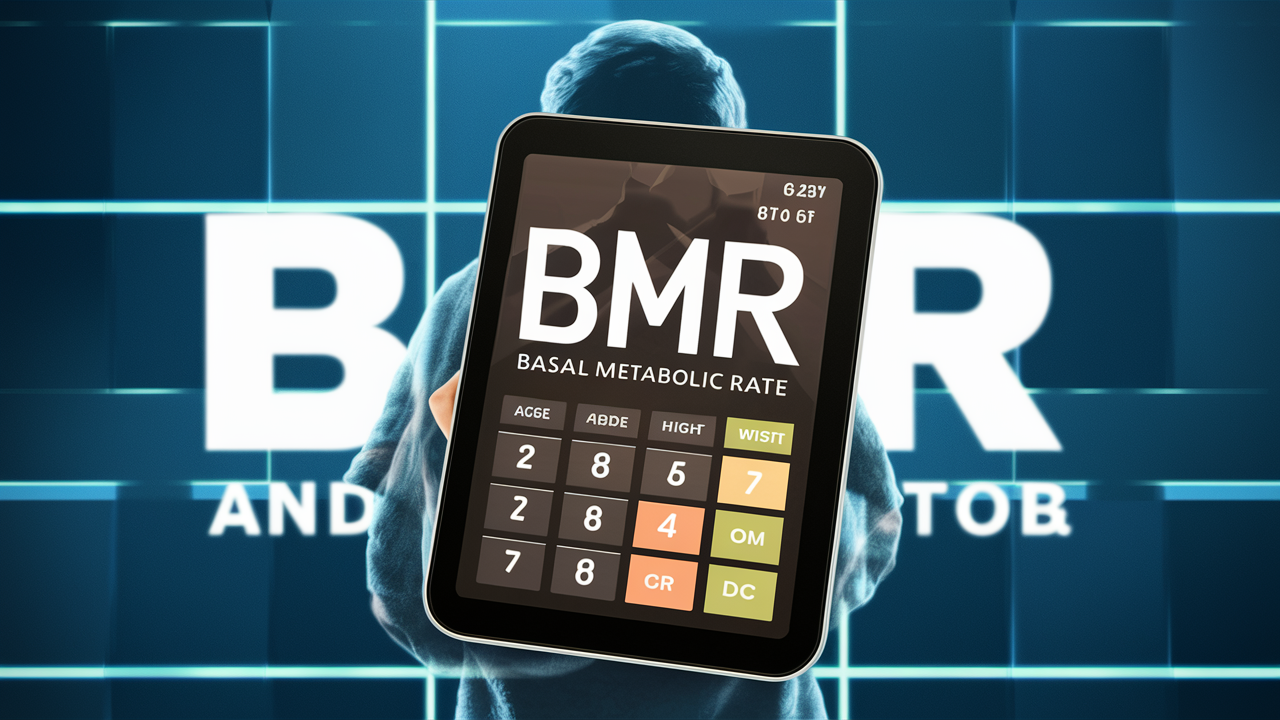What is Basal Metabolic Rate (BMR)? This foundational concept in nutrition and fitness plays a crucial role in understanding how our bodies utilize energy. Essentially, BMR represents the number of calories your body needs to maintain basic physiological functions while at rest.
Importance of Knowing Your BMR
Understanding Your Body’s Energy Needs
To effectively manage weight and overall health, it’s vital to comprehend your body’s energy requirements. BMR provides a baseline for this understanding, helping individuals tailor their diet and exercise routines accordingly.
Weight Management
By knowing your BMR, you can make informed decisions about calorie consumption, ensuring you’re neither overeating nor depriving your body of essential nutrients. This knowledge forms the cornerstone of successful weight management strategies.
Nutritional Planning
BMR serves as a reference point for crafting personalized nutritional plans. Whether your goal is weight loss, muscle gain, or simply maintaining your current physique, knowing your BMR enables you to fine-tune your dietary choices for optimal results.
Factors Affecting BMR
Age, gender, weight, body composition, muscle mass, genetics, and hormones all influence BMR. Understanding how these factors interplay is crucial for accurate BMR calculation.
How to Calculate BMR
Two common equations used for BMR calculation are the Harris-Benedict Equation and the Mifflin-St Jeor Equation. Additionally, numerous online BMR calculator tools are available to simplify the process.
Understanding Results
It’s essential to grasp the implications of your BMR results. Distinguishing between sedentary and active BMR levels and adjusting for physical activity ensures your energy needs are met adequately.
Practical Applications
BMR calculation finds practical applications in various areas, including weight management, setting caloric intake goals, and planning fitness routines tailored to individual needs.
Tips for Improving BMR
Incorporating strength training into your exercise regimen, consuming protein-rich foods, and prioritizing sufficient sleep are all proven strategies for enhancing BMR and overall metabolic health.
Common Misconceptions
Clarifying misconceptions surrounding BMR and metabolism is essential. BMR is a component of metabolism but does not represent the entirety of it. Furthermore, quick-fix diets and supplements often touted as BMR boosters may offer temporary results at best and can be detrimental to long-term health.
Conclusion
Understanding your Basal Metabolic Rate is key to unlocking your body’s potential for optimal health and fitness. By calculating and interpreting your BMR accurately, you can make informed choices that support your overall well-being.
FAQs (Frequently Asked Questions)
What is the difference between BMR and metabolism?
BMR represents the number of calories your body needs to maintain basic physiological functions at rest, while metabolism encompasses all chemical processes involved in maintaining life.
Can my BMR change over time?
Yes, factors such as age, weight, muscle mass, and hormonal fluctuations can influence your BMR, causing it to fluctuate over time.
How often should I recalculate my BMR?
It’s advisable to recalculate your BMR periodically, especially after significant changes in weight or lifestyle habits, to ensure accuracy in your nutritional and fitness planning.
Is BMR calculation accurate for everyone?
While BMR equations provide useful estimates for most individuals, individual variations exist, and factors such as genetics and medical conditions can affect accuracy.
Can supplements affect my BMR?
Some supplements claim to boost metabolism and BMR, but their effectiveness and safety vary. It’s essential to consult with a healthcare professional before incorporating any supplements into your routine.
